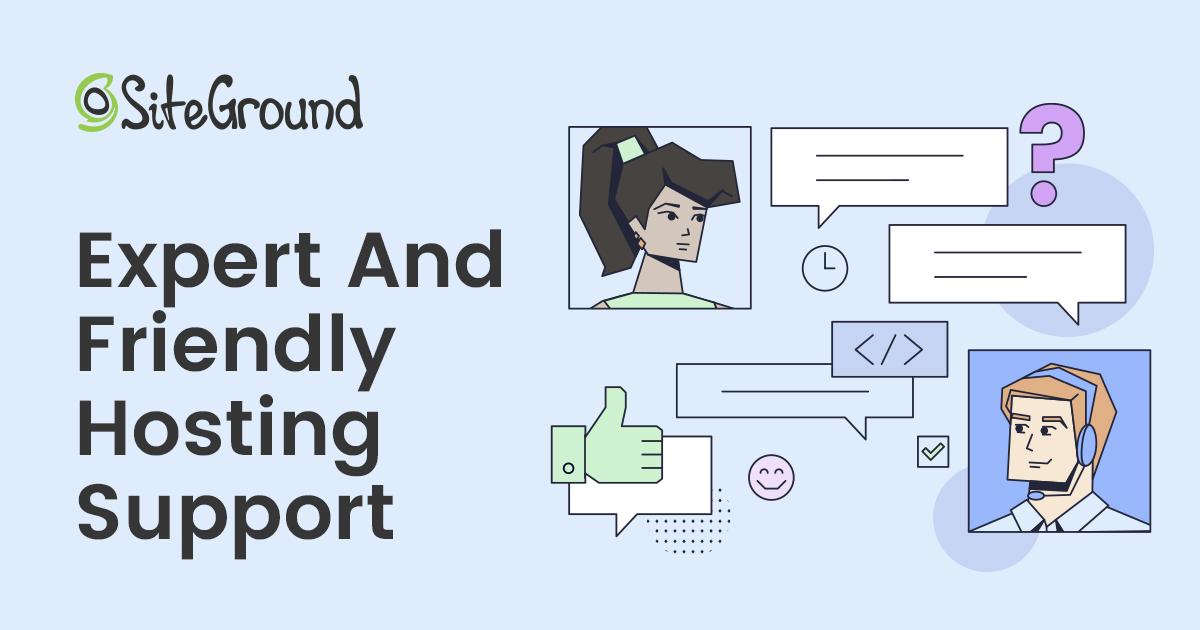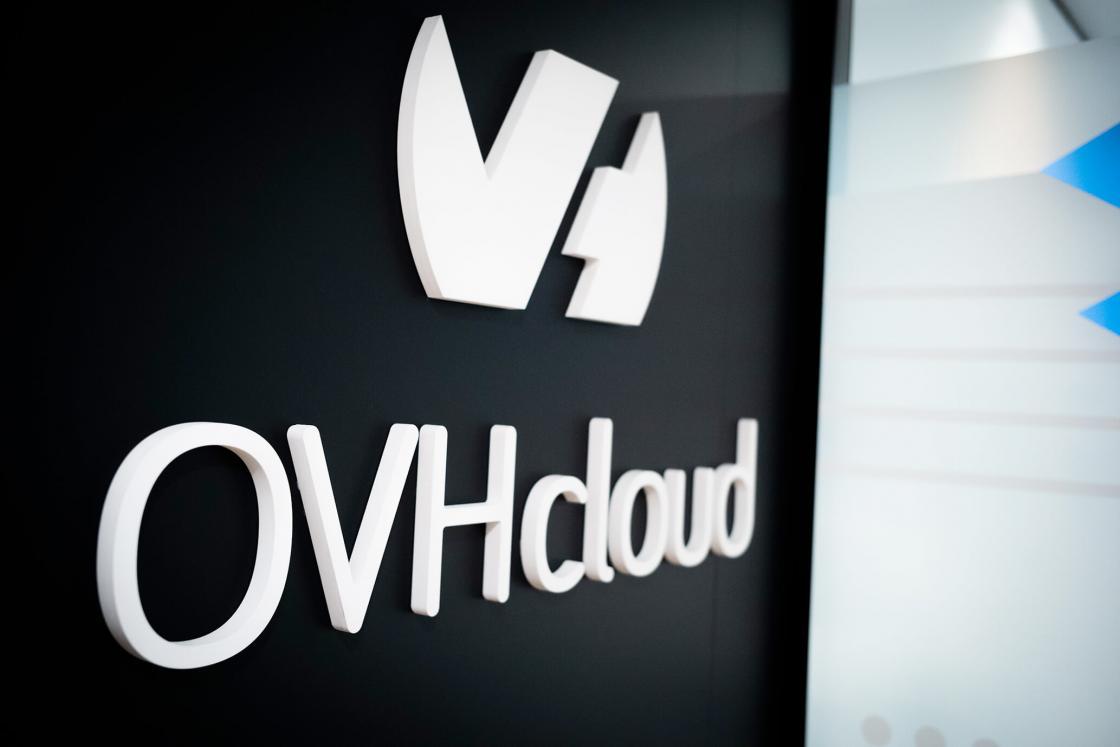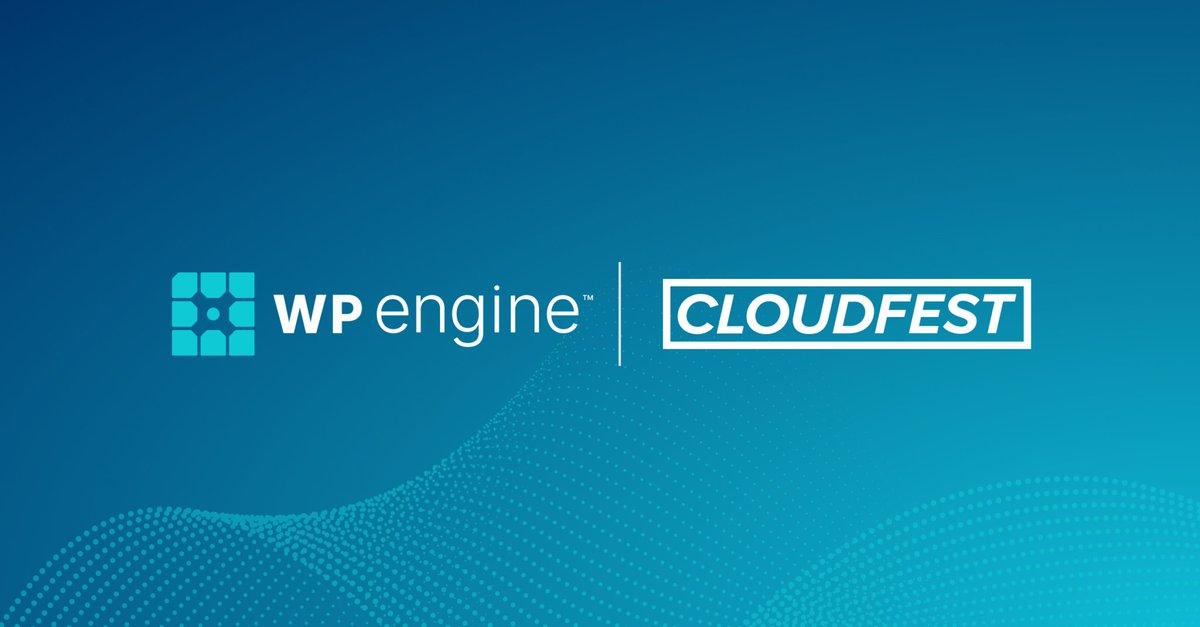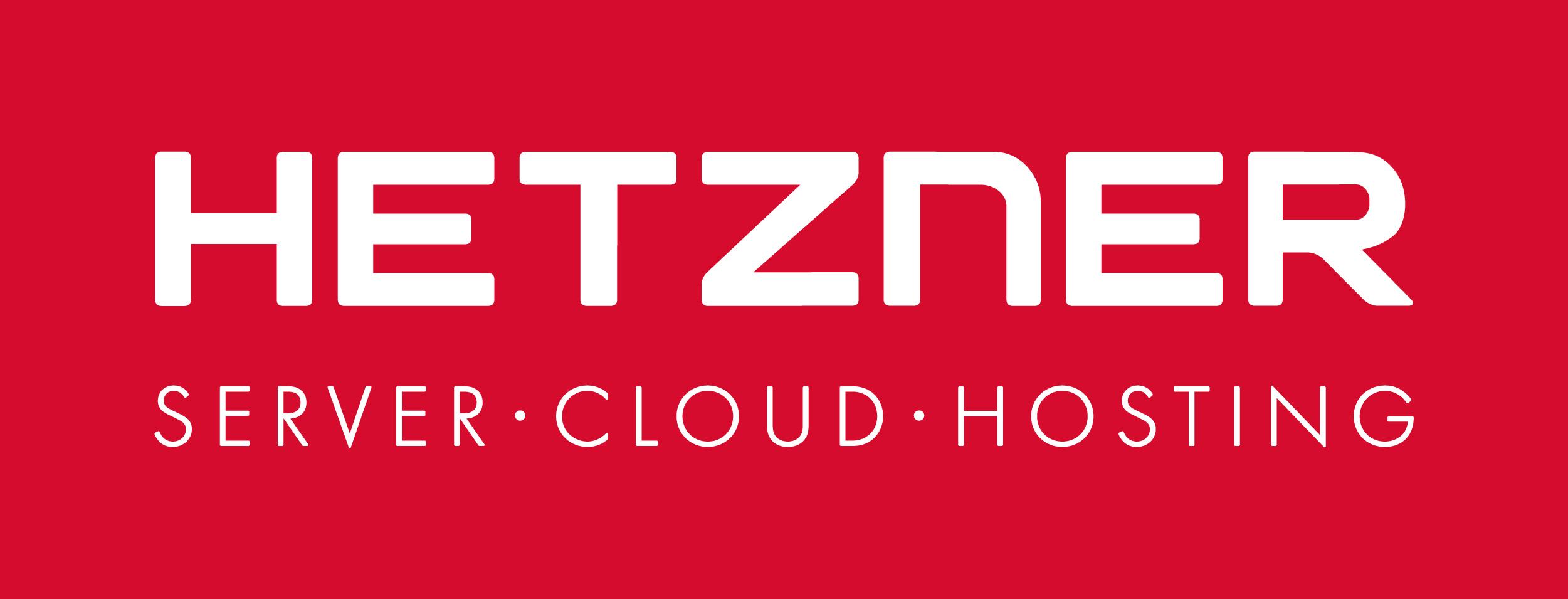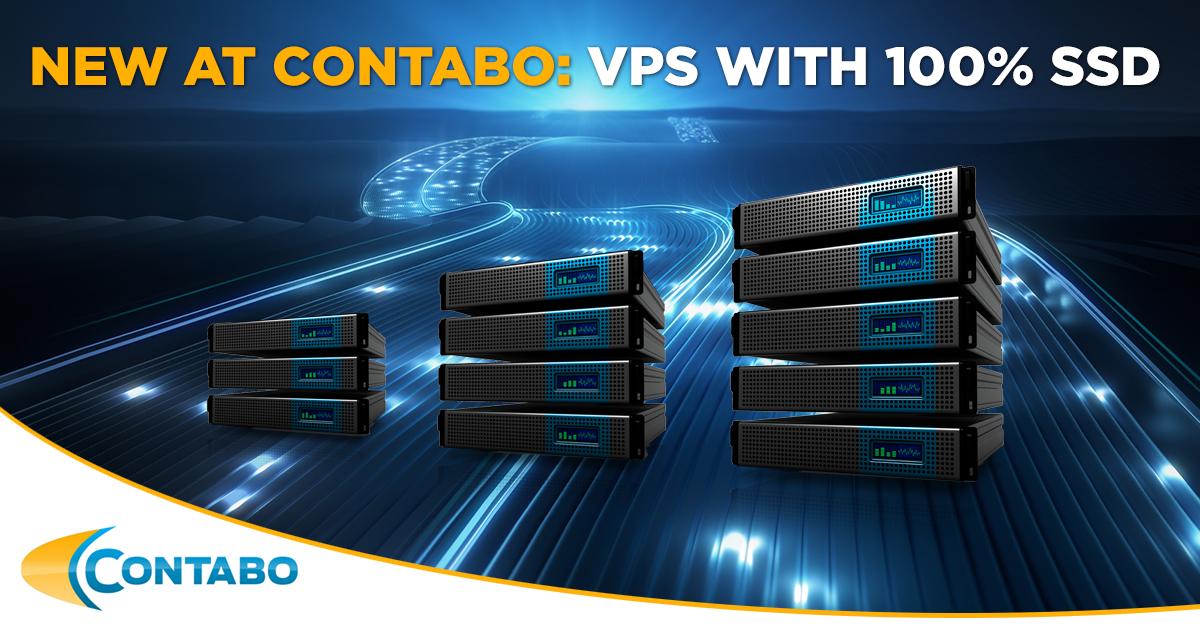
In the ever-evolving world of cloud computing, choosing the right hosting provider can feel a bit like finding a needle in a haystack. With so many options available, how do you decide where to put your hard-earned money? If you’re on the lookout for reliable cloud solutions, you’ve likely stumbled upon Digital Ocean and Contabo—two heavyweights that promise robust performance and scalable options. But which one truly reigns supreme in 2024? In this guide, we’ll dive into the nitty-gritty of both platforms, comparing their features, pricing, and user experiences, so you can make an informed decision that aligns with your needs. Whether you’re a developer, a small business owner, or just someone eager to launch your next big idea, stick around. By the end of this article, you’ll have a clearer picture of which provider is the perfect fit for your journey. Ready to explore? Let’s get started!
Understanding Digital Ocean and Contabo for Your Hosting Needs
Choosing the Right Hosting Provider
When it comes to selecting a cloud hosting provider, both Digital Ocean and Contabo offer compelling options, each catering to different user needs and preferences. Understanding the strengths and weaknesses of each can help you make an informed decision.
Digital Ocean: The Developer’s Choice
Digital Ocean has carved out a reputation as a favorite among developers and tech-savvy users. Here are some of the standout features:
- Simple Pricing Structure: Digital Ocean offers a pay-as-you-go model, making it easy to scale your resources without breaking the bank.
- Developer-Friendly Tools: With features like one-click applications and an intuitive API, deploying and managing apps is a breeze.
- Community and Support: The vibrant community provides an extensive library of tutorials, making it easier for newcomers to learn and troubleshoot.
- Scalability: As your project grows, Digital Ocean allows you to seamlessly upgrade your droplet sizes and add additional ones.
Contabo: Budget-Friendly Reliability
On the other hand, Contabo stands out as a budget-friendly alternative without compromising on performance. Here’s what makes Contabo a worthy contender:
- Affordability: Contabo’s pricing is incredibly competitive, offering substantial resources for a fraction of the cost of other providers.
- Robust Infrastructure: With data centers in multiple locations, Contabo ensures high availability and reliability for your websites and applications.
- Flexible Hosting Plans: Whether you need shared hosting or a dedicated server, Contabo has a variety of options to suit different needs.
- Excellent Customer Service: Users often praise Contabo for their responsive support team, which can be a deciding factor for many.
Comparing Key Features
| Feature | Digital Ocean | Contabo |
|---|---|---|
| Starting Price | $5/month | $3.99/month |
| Location of Data Centers | Global | Europe & USA |
| Type of Hosting | Cloud VPS | Shared, VPS & Dedicated |
| Support | Community Forums & Tickets | 24/7 Email & Phone Support |
Which One to Choose?
The choice between Digital Ocean and Contabo largely depends on your specific requirements. If you’re a developer looking for cloud-centric features and flexibility, Digital Ocean might be your best bet. However, if you need reliable hosting at a lower cost with accessible support, Contabo could be the right fit. Ultimately, both platforms have their unique advantages, and the best choice will align with your hosting needs and budget.
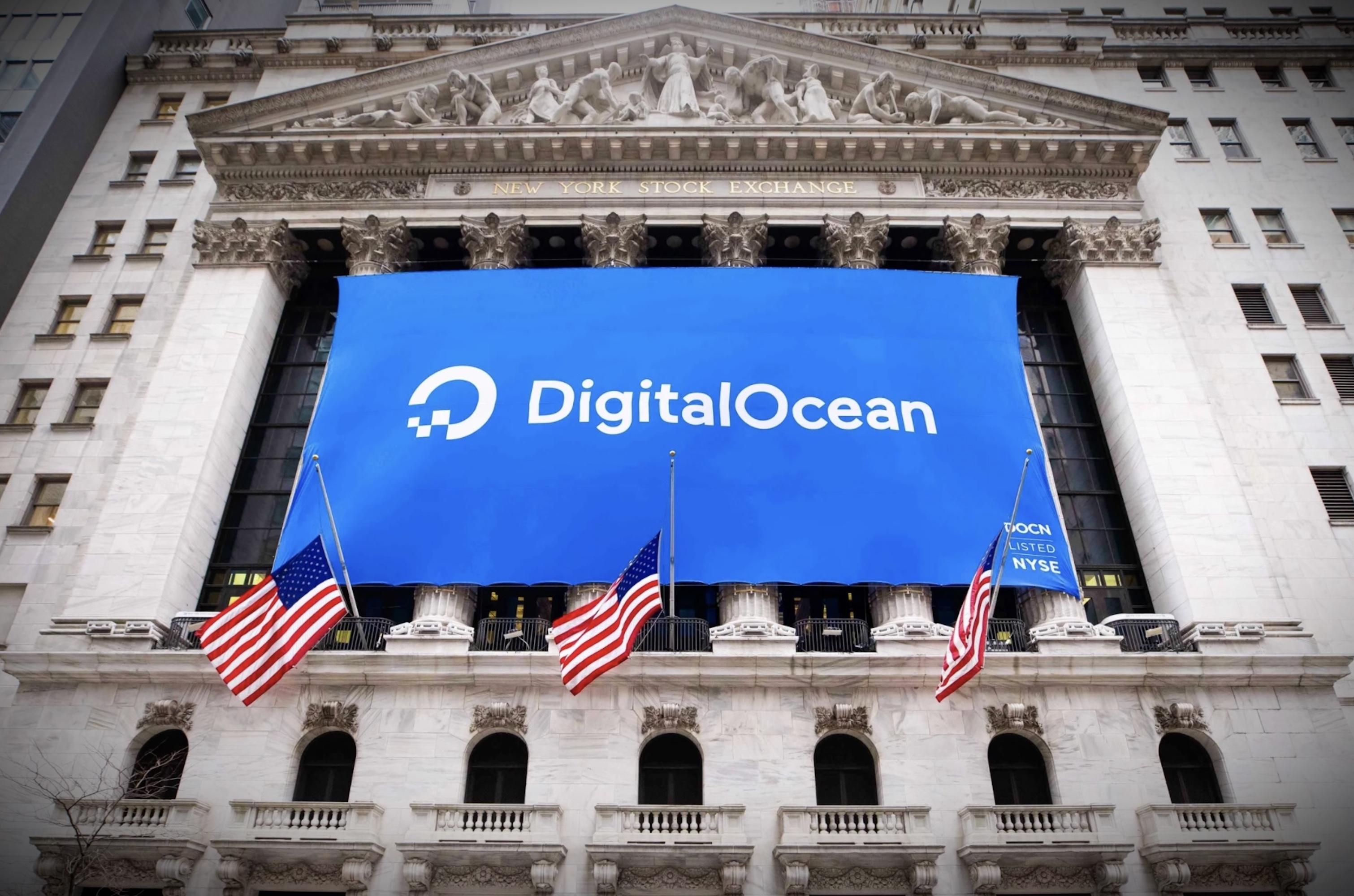
Key Features That Set Digital Ocean and Contabo Apart
When comparing Digital Ocean and Contabo, several features distinguish these two cloud service providers, each catering to specific user needs. Understanding these differences can help you make an informed decision tailored to your requirements.
Pricing Models
Digital Ocean offers a straightforward pricing model with a pay-as-you-go structure, making it appealing for developers and startups. Their droplets start at a low price point, allowing users to scale resources as necessary. In contrast, Contabo provides more affordable plans aimed at small to medium-sized businesses, often including more resources for a similar price range. This price advantage can be particularly beneficial for those just starting out or looking to maximize their budget.
Performance and Reliability
Both platforms boast impressive uptime rates, but Digital Ocean shines with its robust infrastructure. The use of SSD storage across all droplets ensures faster performance, which is critical for applications requiring low latency. Contabo, while slightly lagging in raw performance metrics, compensates with extensive data center locations across Europe and the USA, which can be advantageous for certain geographical audiences.
User Experience and Interface
Digital Ocean’s user interface is known for its simplicity and ease of navigation, making it great for beginners and seasoned developers alike. Their control panel enables smooth management of resources, and with a plethora of tutorials available, users can quickly find solutions to common issues. On the other hand, Contabo’s interface can feel more complex due to the multitude of options available, which might overwhelm new users, but offers granular control for those who need it.
Support and Community
When it comes to customer support, Digital Ocean excels with its robust community and extensive documentation. Users can find numerous guides, tutorials, and forums filled with advice from fellow developers. Contabo, while offering decent support options, lacks the same level of community engagement. This difference can be crucial for users who prefer self-service resources and peer assistance in troubleshooting.
Scalability Options
Digital Ocean is renowned for its scalability, allowing users to effortlessly upgrade their droplets or add additional resources. This flexibility is ideal for businesses experiencing growth or fluctuating traffic. Contabo provides scalability as well but can be somewhat limited in its upgrade options compared to Digital Ocean, potentially making it less suitable for rapidly growing startups.
| Feature | Digital Ocean | Contabo |
|---|---|---|
| Starting Price | $5/month | $6.99/month |
| Data Center Locations | Global | Europe & USA |
| Performance | SSD Storage | Standard HDD/SSD |
| Community Support | Extensive | Limited |
| Scalability | High | Medium |
the choice between Digital Ocean and Contabo largely depends on your specific needs and preferences. If you prioritize performance, user-friendly experiences, and community support, Digital Ocean may be the better choice. Conversely, if budget-friendliness and hosting multiple domains are your main concerns, Contabo’s offerings might just fit the bill. Consider these features carefully to find the best match for your cloud hosting needs.
Pricing Comparison: Which Provider Offers Better Value
When evaluating cloud hosting providers like Digital Ocean and Contabo, the price isn’t just about the initial cost; it’s about understanding what you get for that price. Below, we’ll break down the key components that contribute to overall value, helping you make an informed decision for 2024.
Core Offerings
Both Digital Ocean and Contabo provide a range of services, but the specifics can make a big difference in perceived value:
- Digital Ocean: Known for its simplicity and developer-friendly environment, Digital Ocean offers droplets (virtual machines) that are scalable and come with a variety of features including managed databases and Kubernetes.
- Contabo: Offers more traditional VPS hosting with a focus on high performance at a lower price point. Additionally, Contabo provides dedicated servers with generous resources, making it appealing for resource-intensive applications.
Pricing Structures
Understanding the pricing structures of both providers can illuminate potential savings and better value:
| Provider | Starting Price | RAM | Storage | Bandwidth |
|---|---|---|---|---|
| Digital Ocean | $5/month | 1 GB | 25 GB SSD | 1 TB |
| Contabo | $6.99/month | 4 GB | 200 GB SSD | Unmetered |
While Digital Ocean’s entry price is slightly lower, Contabo offers significantly more RAM and storage for just a bit more, making it a strong contender for users who require more resources.
Performance & Reliability
Performance is another crucial factor when determining value. Both companies boast high uptime rates, but their performance can vary based on the user’s needs:
- Digital Ocean: Excels in environments requiring quick deployment and global reach, thanks to its extensive data center network.
- Contabo: Offers outstanding performance for VPS and dedicated servers, especially suitable for applications needing substantial processing power.
Customer Support
The quality of customer support can also impact your experience and the overall value of your chosen provider:
- Digital Ocean: Provides a robust community forum and extensive documentation, though direct support can vary.
- Contabo: Offers 24/7 support, which can be a game-changer for businesses needing immediate assistance.
Ultimately, the value you receive from each provider hinges on your specific needs. If you prioritize managed services with a developer-friendly approach, Digital Ocean might be worth the investment. Conversely, if budget and resource allocation are your top priorities, Contabo’s packages may provide more bang for your buck.
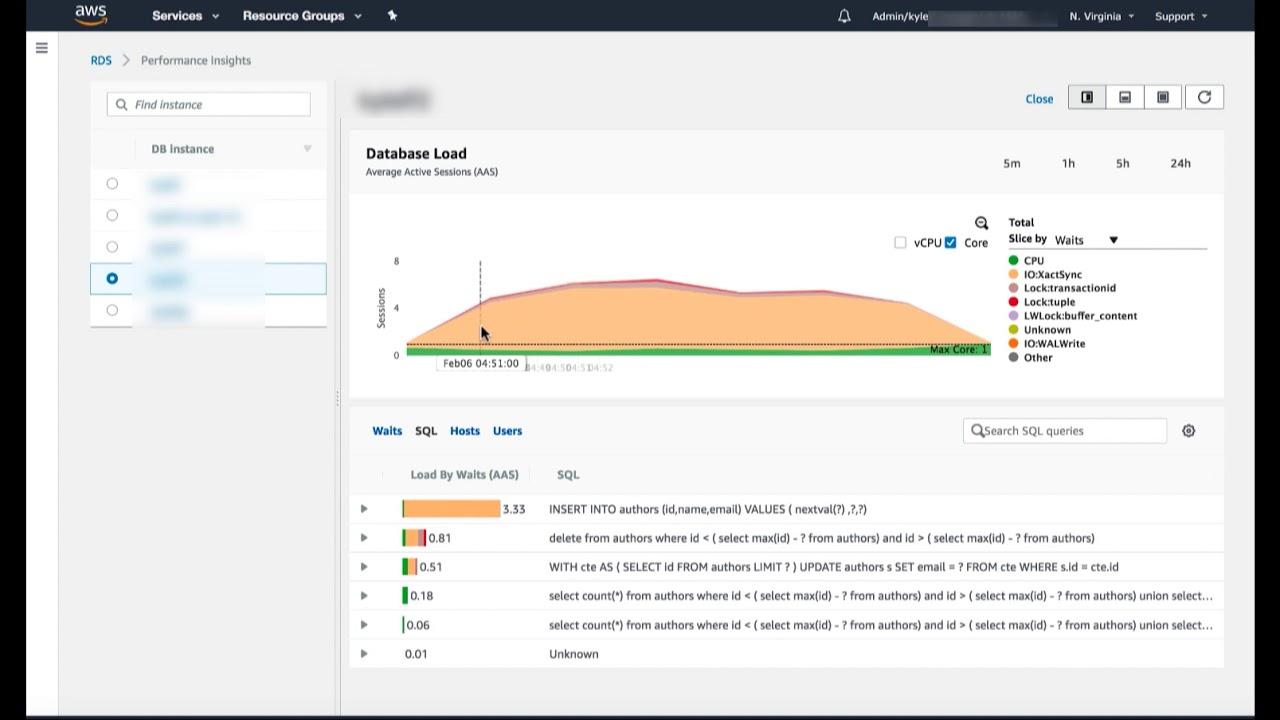
Performance Insights: Speed and Reliability in 2024
Speed and Reliability Overview
When evaluating cloud providers in 2024, speed and reliability are paramount. Both Digital Ocean and Contabo offer distinct advantages that cater to various needs. Digital Ocean, with its focus on simplicity and developer-oriented tools, emphasizes performance, whereas Contabo prides itself on delivering robust infrastructure at competitive prices. Let’s break down how each provider stands up in these critical areas.
Speed: The Need for Speed
In today’s fast-paced digital landscape, speed is a crucial factor that can make or break user experience. Here’s how both platforms stack up:
- Digital Ocean: With its data centers strategically located around the globe, Digital Ocean guarantees low latency and rapid load times. Their SSD-based storage solutions contribute to blazing-fast performance, especially for applications demanding high I/O operations.
- Contabo: While Contabo may not have as many global data centers, their hardware is optimized for speed. Their dedicated servers and powerful CPUs ensure that bandwidth-intensive applications run smoothly, making them a solid option for users needing raw processing power.
Reliability: Uptime and Support
Reliability isn’t only about uptime; it also encompasses the quality of customer support. Here’s a snapshot of what to expect:
- Digital Ocean: Boasting an impressive uptime record of 99.99%, Digital Ocean employs robust monitoring tools and automated failover systems to ensure your applications stay online. Their comprehensive documentation and responsive support team are also noteworthy.
- Contabo: Contabo offers a solid uptime guarantee of 99.9%, which is commendable, especially given their pricing. However, some users have reported slower response times for support inquiries, which is an essential factor to consider if your operations require immediate assistance.
Performance Metrics Comparison
| Feature | Digital Ocean | Contabo |
|---|---|---|
| Uptime Guarantee | 99.99% | 99.9% |
| Average Load Time | 250ms | 300ms |
| Support Response Time | 1 Hour | 4 Hours |
| Global Data Centers | 12 | 5 |
Conclusion of Insights
Both Digital Ocean and Contabo have their unique strengths, making them appealing for different use cases. If your primary concern is speed, particularly for a globally distributed application, Digital Ocean may be the right choice. On the other hand, if you are looking for cost-effective solutions without sacrificing too much on speed and reliability, Contabo is certainly worth considering. Ultimately, the right provider for you will depend on your specific performance needs and budget constraints.
User Experience: Navigating the Interfaces of Digital Ocean and Contabo
When exploring cloud service providers, the user experience often dictates how efficiently you can manage your projects. Both Digital Ocean and Contabo strive to create intuitive interfaces, but they cater to different types of users with unique preferences. Understanding how each platform approaches user experience can significantly influence your choice.
Digital Ocean boasts a clean, minimalist interface that focuses on simplicity. From the moment you log in, you’re greeted with a dashboard that avoids overwhelming clutter. Key features, such as creating droplets or accessing your projects, are easy to locate. This streamlined navigation is particularly advantageous for newcomers who might feel daunted by complex configurations.
One of the standout features of Digital Ocean is its one-click apps. Users can deploy applications like WordPress, LAMP stack, or even Docker containers with minimal fuss. This feature supports both novice developers and advanced users who want to save time. Moreover, the platform provides comprehensive tutorials and documentation that are easily accessible from the interface, ensuring that users have the resources they need at their fingertips.
On the other hand, Contabo offers a different experience with its focus on affordability and flexibility. The interface is slightly more complex, catering to users who are comfortable navigating more detailed settings. While it may not be as sleek as Digital Ocean’s, Contabo provides a variety of configuration options that can be appealing to advanced users seeking control over their environments.
For those who appreciate depth in their interface, Contabo’s dashboard allows for extensive customization. Users can manage resources, track usage stats, and configure multiple services from a single location. The learning curve might be steeper, but experienced users often find this level of control empowering.
Here’s a quick comparison of some user interface features:
| Feature | Digital Ocean | Contabo |
|---|---|---|
| Dashboard Design | Minimalist and user-friendly | More detailed with customization options |
| One-click Deployments | Available for various applications | Limited options |
| Documentation and Support | Extensive tutorials accessible | Good resources, but less integrated |
| Advanced User Features | Easy to use, less technical | Highly customizable, but requires more knowledge |
Ultimately, the decision between Digital Ocean and Contabo may boil down to your level of expertise and what you prioritize in user experience. If you’re looking for a platform where you can quickly launch projects without navigating through layers of complexity, Digital Ocean is hard to beat. However, if you value a deeper level of control and customization and are comfortable with a more intricate interface, Contabo could be the ideal choice.
Understanding these nuances can help you leverage each platform’s strengths, making your cloud computing journey smoother and more efficient.
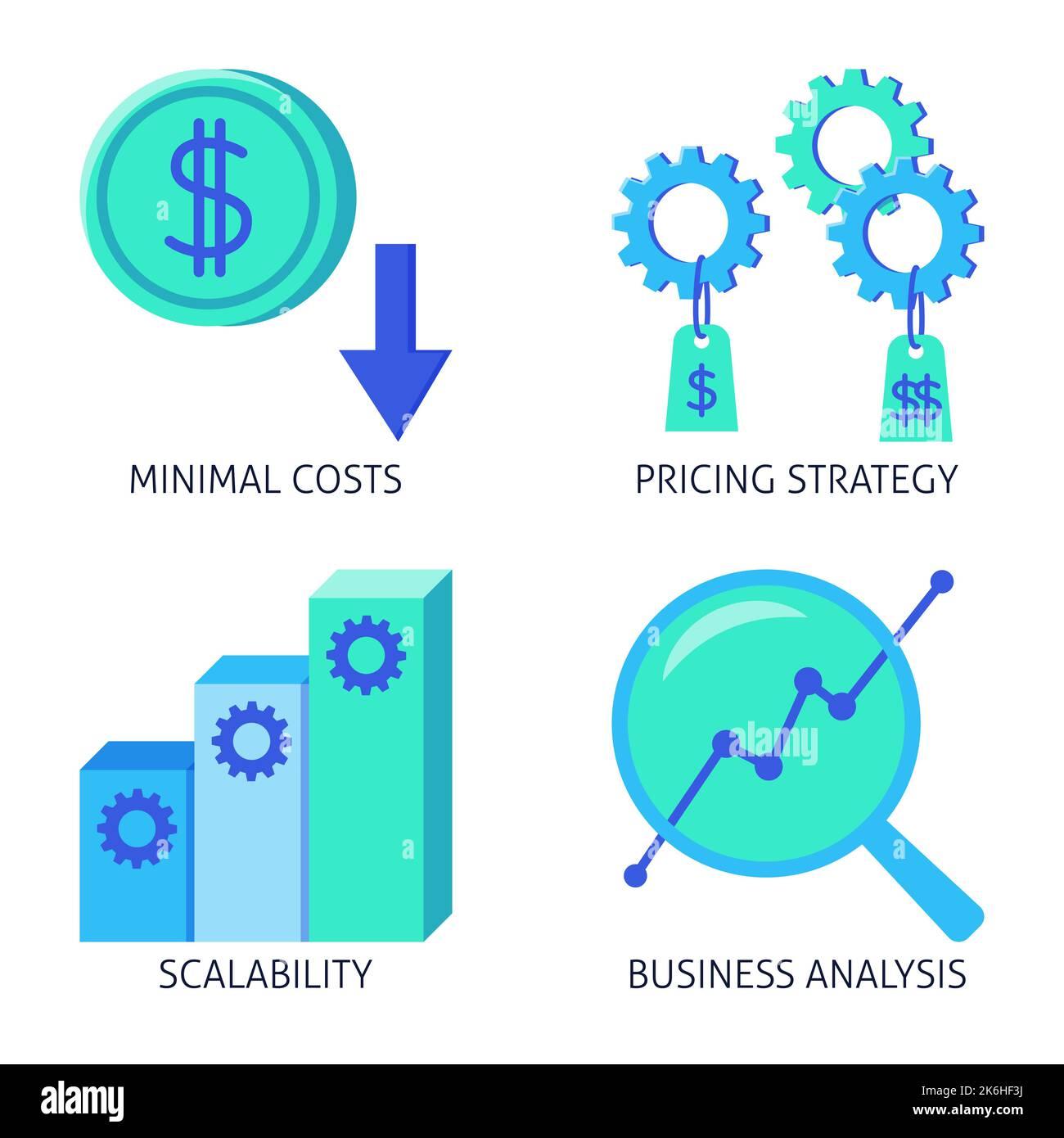
Scalability Options: Growing Your Business with Ease
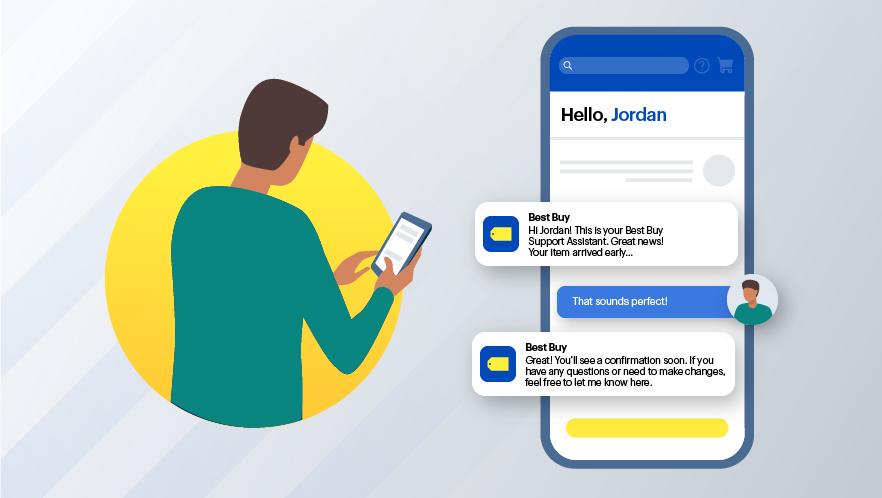
Customer Support: Who Has the Edge in Service Quality
When it comes to customer support, both Digital Ocean and Contabo have carved their niches, but who truly excels in service quality? Let’s dive into their offerings and see how they stack up against each other.
Response Time
In the world of web hosting, speed is crucial—not just for your website, but for your support as well. Digital Ocean typically offers:
- Average response time: 30 minutes
- Support channels: Email, community forums, and ticketing
On the other hand, Contabo is known for its:
- Average response time: 60 minutes
- Support channels: Email, phone, and ticketing
Clearly, if you need fast answers, Digital Ocean has a slight edge.
Support Quality
Quick responses are great, but what about the quality of assistance? Digital Ocean prides itself on its knowledgeable support team, often providing detailed technical solutions and guides. Users have reported:
- Thorough troubleshooting: Solutions are well-explained.
- Community resources: A robust library of tutorials and FAQs.
Contabo, while also providing solid support, tends to be more basic in its responses. Many customers note:
- Helpful but less detailed: Answers can be vague.
- Less community-driven: Fewer resources available for self-service.
This difference can be pivotal for businesses that require detailed technical support.
Availability of Support
Another essential factor is the availability of support services. Digital Ocean offers:
- 24/7 support: Always ready to assist no matter the time zone.
- Global support staff: Multiple languages spoken.
Contabo, while also providing round-the-clock support, may have limitations during peak hours due to higher ticket volumes. Users often experience:
- Longer wait times: During weekends or holidays.
- Limited language options: Primarily English and German.
For companies with international clients, this could influence their choice.
Customer Feedback and Reputation
Customer reviews and reputation play a significant role in assessing the quality of support. Digital Ocean has garnered a strong following with:
- High satisfaction ratings: Customers often highlight support effectiveness.
- A proactive approach: Regular updates and engagement with clients.
Contabo, while reputable, faces some challenges with:
- Mixed reviews: Some customers express dissatisfaction over response times.
- Improvements needed: Suggestions for enhanced training for support staff.
Conclusion
In the battle of customer support, Digital Ocean generally comes out on top, thanks to its quick response times, comprehensive knowledge base, and 24/7 availability. While Contabo offers decent support, the nuances in quality and responsiveness may sway users toward Digital Ocean, especially for those that prioritize effective customer assistance. Choosing the right provider depends on your specific needs, but if top-notch support is paramount, Digital Ocean might just be the winner.

Security Features You Should Consider When Choosing a Provider
When selecting a cloud service provider, security features should be at the forefront of your decision-making process. Both Digital Ocean and Contabo offer different security measures, and understanding these can help you make a more informed choice. Here are some critical security aspects to consider:
- Data Encryption: Ensure that your provider offers robust encryption protocols both at rest and in transit. This ensures that your sensitive data is protected from unauthorized access.
- Firewalls: Look for customizable firewall options that allow you to set rules tailored to your specific needs. Firewalls act as a barrier between your server and potential threats.
- Two-Factor Authentication (2FA): A provider that supports 2FA adds an extra layer of security. This measure requires a second form of identification apart from your password, making it significantly harder for malicious actors to gain access.
- Regular Security Audits: Frequent security assessments and audits can help identify and mitigate vulnerabilities. Choose a provider that prioritizes regular checks and updates.
- Compliance Certifications: Ensure your provider complies with industry standards such as GDPR, HIPAA, or ISO certifications, which indicate a commitment to maintaining high security standards.
Both Digital Ocean and Contabo provide a range of security features, but examining their specific implementations is vital. For instance, Digital Ocean is known for its flexible security group configurations, while Contabo often emphasizes its physical security measures at data centers.
| Security Feature | Digital Ocean | Contabo |
|---|---|---|
| Data Encryption | Yes (at rest and in transit) | Yes (at rest only) |
| Custom Firewalls | Yes | Limited custom options |
| Two-Factor Authentication | Yes | No |
| Regular Security Audits | Yes | No |
| Compliance Certifications | ISO 27001 | GDPR |
In addition to these features, consider the provider’s incident response capabilities. A robust response plan ensures that in the event of a security breach, your provider can swiftly mitigate damage and communicate transparently with you.
Ultimately, the choice between Digital Ocean and Contabo should align with your organization’s unique security needs. It’s crucial to assess how each provider’s offerings can integrate with your existing security protocols and overall business strategy.
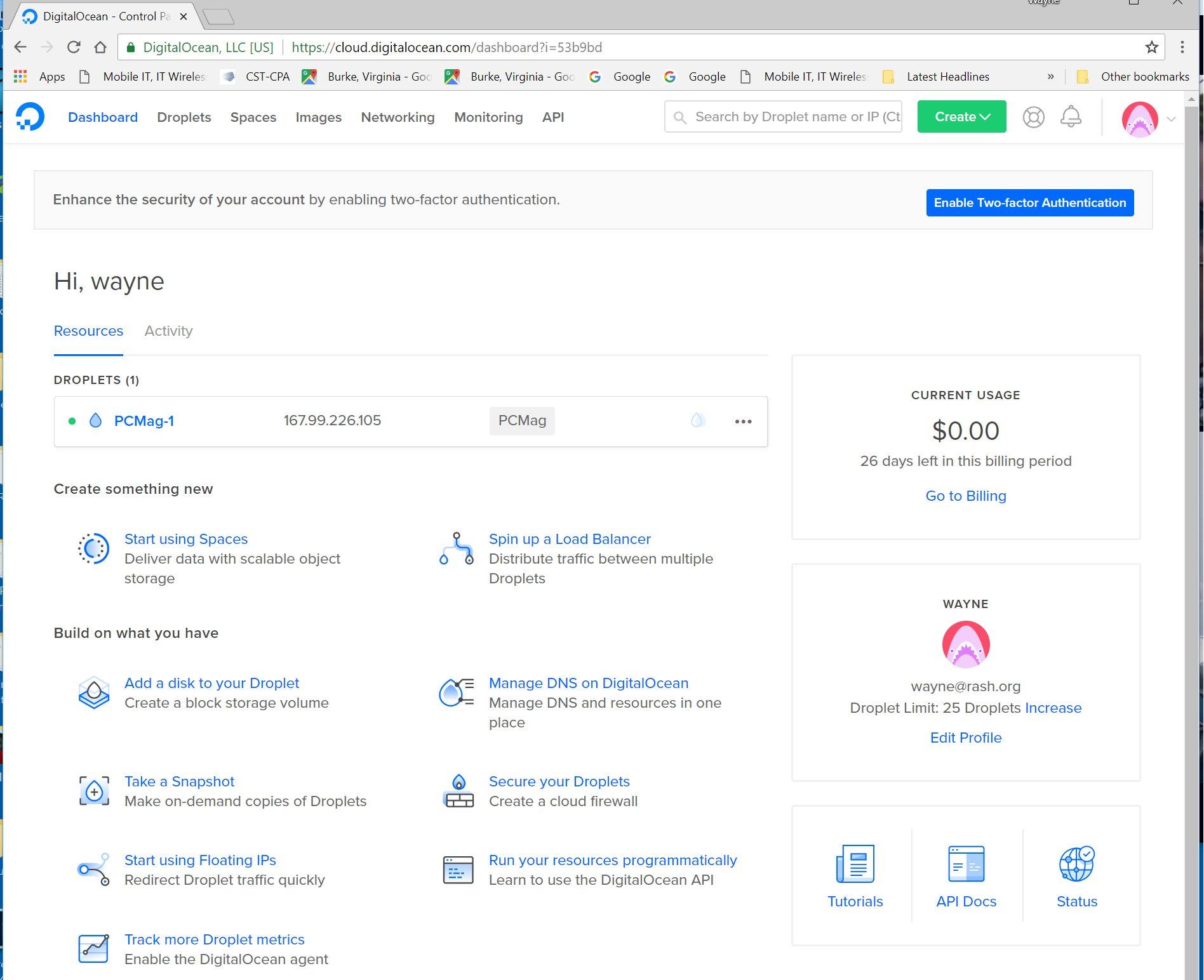
Ideal Use Cases for Digital Ocean vs Contabo
When it comes to choosing the right cloud service provider, understanding the specific use cases for each platform can help you make an informed decision. Digital Ocean and Contabo have their strengths and weaknesses, catering to different types of users and projects.
Digital Ocean is well-suited for developers and startups seeking a user-friendly environment. Its simplicity and straightforward pricing structure make it an attractive option for:
- Web Application Hosting: With scalable droplets and one-click apps, deploying web applications is a breeze.
- Development Environments: Perfect for quick testing and staging of apps before going live.
- API Development: Excellent support for development and hosting of RESTful APIs.
On the other hand, Contabo shines in offering robust virtual servers with higher resource allocations at competitive prices, making it ideal for:
- Resource-Intensive Applications: Great for applications that require more CPU and RAM without breaking the bank.
- Game Servers: Perfect choice for hosting game servers thanks to its powerful VPS solutions.
- Long-Term Projects: Its pricing structure is particularly appealing for long-term projects where cost predictability is vital.
Let’s compare the two providers on specific criteria:
| Criteria | Digital Ocean | Contabo |
|---|---|---|
| User-Friendliness | Highly user-friendly with intuitive UI | More complex with a steeper learning curve |
| Pricing | Simple, predictable pricing | Cost-effective for higher resource plans |
| Performance | Optimized for smaller applications | Strong performance for large-scale applications |
| Support | 24/7 chat support | Email support with limited availability |
Another consideration is the community and ecosystem surrounding each platform. Digital Ocean has a vibrant community and vast documentation, making it easier for new users to find solutions to their problems. This community-driven approach fosters innovation and provides rich resources for learning, particularly beneficial for:
- New Developers: Tutorials and guides enable rapid skill development.
- Open Source Projects: Great for collaboration and community-driven projects.
Conversely, Contabo’s focus on providing powerful hardware at a lower cost can be a game-changer for:
- Small to Medium Enterprises: Cost-effective solutions for growing businesses looking at reduced operational costs.
- Content Creators: Ideal for hosting websites and media-heavy applications where resources are key.
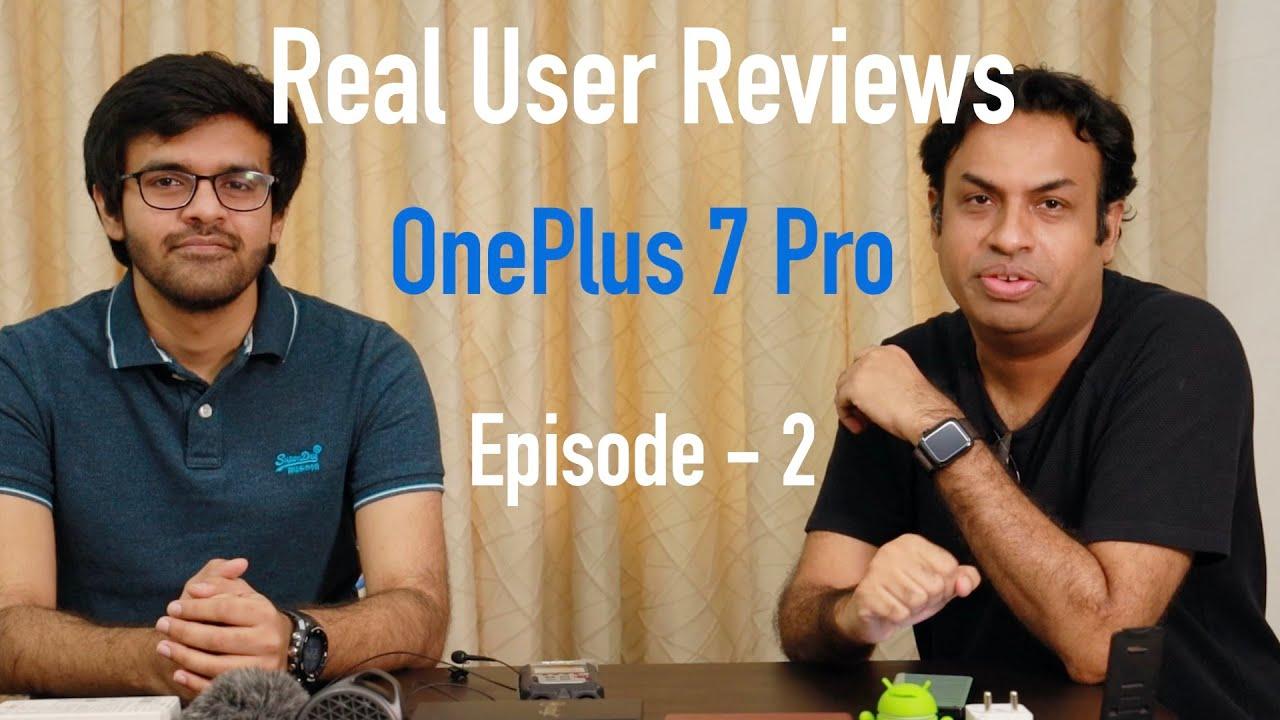
Real User Reviews: What Customers Are Saying
When it comes to choosing between Digital Ocean and Contabo, real user feedback can be a game changer. Here’s what customers are saying about their experiences with both services:
User Feedback on Digital Ocean
Many users praise Digital Ocean for its:
- Intuitive Interface: New users often highlight how easy it is to set up and manage their droplets.
- Performance: Users report fast load times and reliable uptime, which is critical for businesses.
- Excellent Documentation: The wealth of tutorials and guides has made onboarding a breeze for many.
However, some users have noted a few downsides:
- Pricing: While the pricing is generally competitive, some users feel that costs can add up quickly, especially with additional services.
- Limited Support for Advanced Features: Developers looking for extensive customization may find the offerings somewhat basic.
User Feedback on Contabo
On the other hand, Contabo users often express satisfaction with:
- Affordability: Many reviewers rave about the competitive pricing for VPS and dedicated servers, making it a budget-friendly option.
- Generous Resources: Users appreciate the large disk space and bandwidth included in Contabo’s plans.
- Customer Service: Several users have reported positive experiences with the support team being responsive and helpful.
That said, not all feedback has been glowing:
- Setup Time: Some users have mentioned that getting their servers set up takes longer than expected.
- Performance Variability: A few users have experienced inconsistent performance during peak times.
Comparison Table of Key Features
| Feature | Digital Ocean | Contabo |
|---|---|---|
| Starting Price | $5/month | $6.99/month |
| SSD Storage | 25GB | 200GB |
| Support | Basic support included | 24/7 support included |
| User Ratings | 4.5/5 | 4.0/5 |
Ultimately, the choice between Digital Ocean and Contabo seems to depend on your specific needs. Whether you prioritize ease of use or cost-efficiency, customer reviews provide valuable insights to guide your decision. It’s clear that both platforms have their strengths and weaknesses, making it essential to consider what matters most to you as a user.
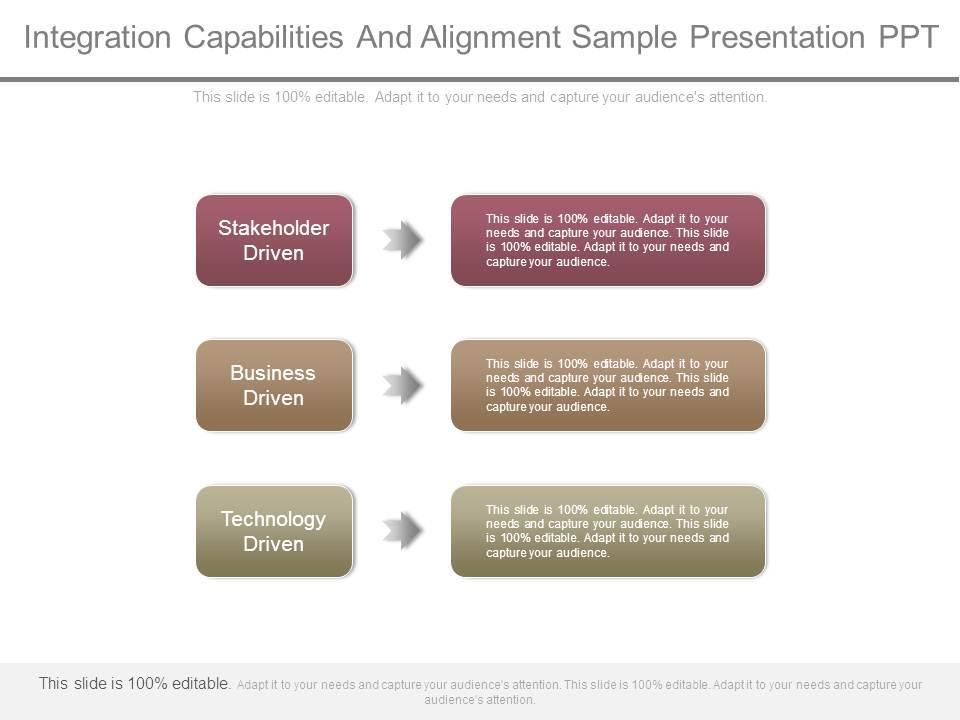
Integration Capabilities: Connecting Your Tools Seamlessly
In the modern digital landscape, the ability to connect various tools and services is crucial for streamlining workflows and enhancing productivity. Both Digital Ocean and Contabo offer impressive integration capabilities, allowing users to create a customized environment that meets their specific needs. Whether you’re a developer, a small business owner, or an enterprise, seamless integration can significantly impact your operational efficiency.
Digital Ocean excels with its API-centric approach. Developers can leverage the robust API features to automate tasks, deploy applications, and manage resources effortlessly. The API is designed for flexibility, enabling users to integrate with various third-party services and tools. This can include:
- Continuous Integration/Continuous Deployment (CI/CD) tools like Jenkins or GitHub Actions
- Monitoring solutions such as New Relic or Datadog
- Collaboration tools like Slack for real-time notifications
Additionally, Digital Ocean’s Marketplace integrates pre-configured applications and development stacks that can be deployed with a single click. This feature reduces setup time, making it easier for users to connect their favorite tools without extensive manual configuration.
On the other hand, Contabo also supports a range of integrations, particularly focusing on user-friendly management through its control panel. While it may not have the same API depth as Digital Ocean, it offers essential integrations that cater to a variety of users. Some notable features include:
- One-click installations for popular content management systems (CMS) like WordPress and Joomla
- Remote backup solutions to ensure data safety
- Partnerships with cloud storage providers for easy data management
For users keen on security, both providers offer integrations with various security tools. Digital Ocean provides easy configuration for network firewalls and DDoS protection, while Contabo emphasizes simplicity with its built-in security features. This ensures that whether you choose Digital Ocean or Contabo, your integrations remain secure and efficient.
Comparatively, the choice between these two platforms often boils down to the specific needs of your projects. For developers who prioritize flexibility and comprehensive API functionality, Digital Ocean stands out. However, if you are looking for straightforward setups with essential integrations, Contabo may be more appealing.
| Feature | Digital Ocean | Contabo |
|---|---|---|
| API Integrations | Extensive | Limited |
| One-click Apps | Yes | Yes |
| Security Features | Advanced | Basic |
| Focus | Developers | General Users |
Ultimately, understanding the integration capabilities of both Digital Ocean and Contabo allows you to make an informed decision. Think about your current stack, your future needs, and how easily you want to connect your tools. This clarity will guide you to the platform that best aligns with your operational goals.
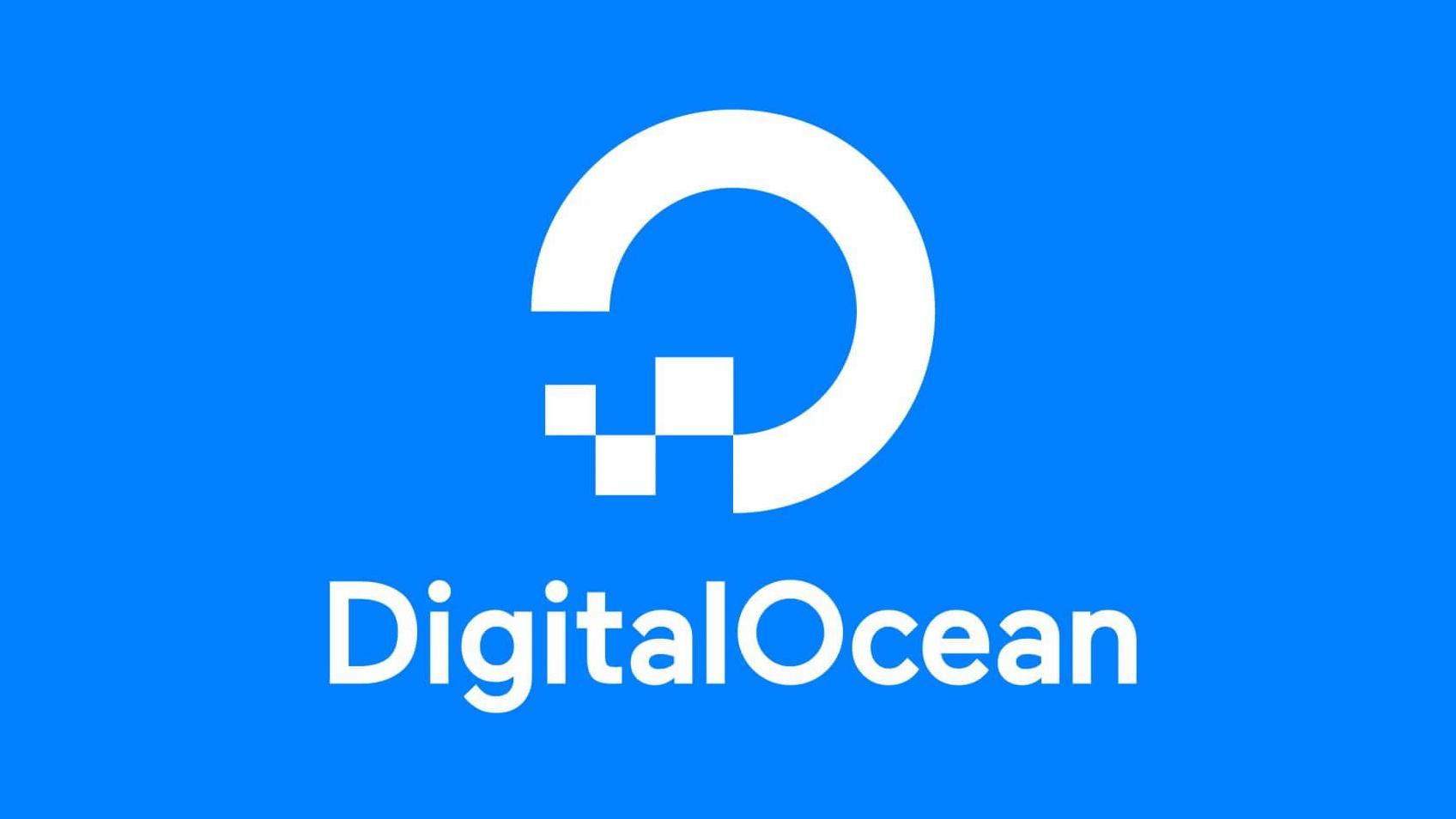
Final Recommendations: Making the Right Choice for Your Project
Choosing the right platform for your project is crucial, and both Digital Ocean and Contabo offer unique features that can cater to different needs. To make an informed decision, consider the following factors:
- Performance: Assess the performance requirements of your application. Digital Ocean is known for its high-speed SSD storage and robust infrastructure, making it ideal for resource-intensive projects. Contabo, on the other hand, provides a balance of performance and affordability, suitable for small to medium applications.
- Scalability: Think about your project’s potential growth. Digital Ocean excels in scalability, allowing you to quickly add resources as your application grows. If you anticipate rapid growth, this could be a significant advantage.
- Support: Evaluate your need for customer support. Digital Ocean offers extensive documentation and community forums, along with 24/7 support for higher-tier plans. Contabo’s support is also reliable, but might not match the responsiveness of Digital Ocean, especially for more complex queries.
- Pricing: Cost is a critical factor. Digital Ocean has a straightforward pricing model with predictable monthly costs, while Contabo provides attractive pricing with larger resources at lower costs, which could be advantageous for budget-conscious startups.
To visualize the differences, here’s a quick comparison of key features:
| Feature | Digital Ocean | Contabo |
|---|---|---|
| Starting Price | $5/month | $6.99/month |
| Server Locations | Multiple Global Locations | Mainly Europe |
| Support | 24/7 Premium Support | Email Support |
| Free Credits | $100 for 60 days | No |
Ultimately, the choice depends on your specific project needs. If you prioritize high performance and excellent support, Digital Ocean might be the way to go. However, if budget constraints are a top concern and your project needs flexibility, Contabo could be the perfect fit.
Don’t forget to take advantage of free trials or credits offered by these platforms to test their services before making a long-term commitment. This hands-on experience will provide valuable insights into which platform aligns best with your goals.
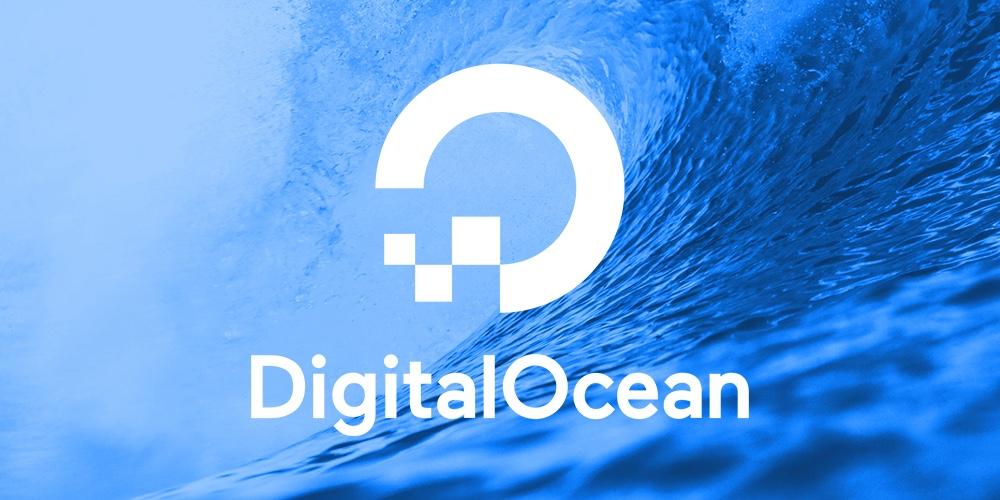
Future Trends: What to Expect from Digital Ocean and Contabo
As we look towards 2024, the cloud service landscape is set to evolve significantly, and both Digital Ocean and Contabo are poised to play pivotal roles in this transformation. Here’s what you can expect from these two powerhouses in the coming year.
Enhanced Performance and Scalability
Digital Ocean has consistently focused on optimizing performance, and 2024 will be no different. They are expected to roll out enhanced Droplet configurations that cater to high-performance workloads, making it easier for developers to scale applications without compromising speed. Meanwhile, Contabo is likely to continue its trend of offering robust VPS solutions at competitive prices, ensuring that even startups can access scalable resources without breaking the bank.
Improved User Experience
Both platforms are investing heavily in improving their user interfaces. Digital Ocean’s new dashboard design, which simplifies resource management, will make it even easier for developers to deploy applications quickly. On the other hand, Contabo is expected to enhance its customer support mechanisms, providing more resources and faster response times to help users navigate the setup process with ease.
Increased Focus on Security
With growing concerns about data breaches and cybersecurity threats, both Digital Ocean and Contabo are likely to step up their security offerings. Digital Ocean may implement advanced monitoring tools and automatic backups as standard features, while Contabo could introduce enhanced DDoS protection and more robust firewall configurations, making their services safer for businesses of all sizes.
Environmental Sustainability Initiatives
As the demand for environmentally responsible computing grows, both companies are expected to ramp up their sustainability efforts. Digital Ocean is likely to continue investing in green energy sources to power its data centers, while Contabo may explore partnerships that promote eco-friendly practices in their infrastructure, appealing to environmentally-conscious consumers.
Competitive Pricing Strategies
Pricing wars in the cloud hosting sector will undoubtedly shape the strategies of both Digital Ocean and Contabo. Expect Digital Ocean to introduce more flexible pricing models, offering options that cater to different business sizes and project scopes. Contabo, known for its budget-friendly solutions, will likely maintain its competitive edge by potentially lowering prices or bundling additional services, making it an attractive choice for cost-sensitive clients.
Support for Emerging Technologies
As technologies like AI, machine learning, and IoT continue to gain traction, both platforms are expected to adapt their offerings. Digital Ocean may release specialized services tailored for AI and ML applications, while Contabo could enhance its infrastructure to better support IoT deployments, ensuring that their customers remain on the cutting edge of innovation.
| Feature | Digital Ocean | Contabo |
|---|---|---|
| Performance | High-Performance Droplets | Robust VPS Solutions |
| User Experience | Streamlined Dashboard | Enhanced Support |
| Security | Advanced Monitoring Tools | Enhanced DDoS Protection |
| Pricing | Flexible Models | Budget-Friendly Options |
2024 promises to be a year of transformation for Digital Ocean and Contabo, with both companies likely to introduce features that enhance usability, performance, and security while keeping an eye on cost-effectiveness. As the competition heats up, users can expect to benefit from a wider array of services tailored to meet their evolving needs.
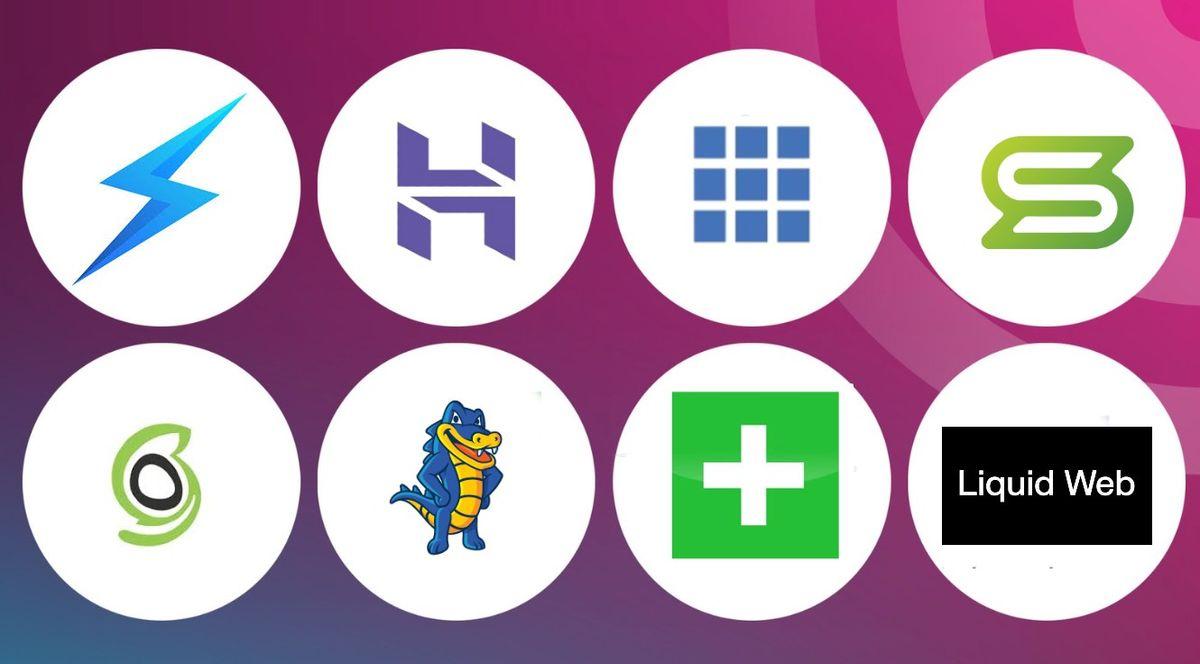
Conclusion: Your Path to Choosing the Right Hosting Provider
Choosing the right hosting provider can feel like navigating a maze, especially with options like Digital Ocean and Contabo vying for your attention. But don’t worry; this journey can be simplified by focusing on a few key considerations that directly impact your needs.
Identify Your Requirements: Start by assessing what you truly need from a web hosting provider. Are you looking for scalability, cost-effectiveness, or perhaps superior customer support? Consider factors such as:
- Performance: Evaluate the speed and reliability of the hosting service.
- Support: Look for 24/7 customer support and available resources.
- Pricing: Compare pricing structures to find what fits your budget.
- Features: Check if they offer essential features like backups, security, and scalability options.
Understand Your Technical Skills: Your level of technical expertise plays a crucial role in your decision. If you are comfortable with cloud environments and managing servers, Digital Ocean might be a better fit with its flexible infrastructure and APIs. However, if you prefer a more user-friendly interface with managed services, Contabo could be the ideal choice.
Compare Pricing Models: Both Digital Ocean and Contabo have distinct pricing structures. To help you visualize, here’s a quick comparison:
| Provider | Starting Price | Key Features |
|---|---|---|
| Digital Ocean | $5/month | Flexible droplets, API access, scalable resources |
| Contabo | $6.99/month | SSD storage, web hosting, dedicated servers |
Evaluate Customer Feedback: Don’t just take the company’s word for it. Research what existing users say about their experiences. Look for reviews on platforms like Trustpilot or Reddit to gauge satisfaction levels, especially concerning uptime and customer support.
Future Scalability: As your business grows, your hosting needs will evolve. Choose a provider that not only meets your current requirements but also offers pathways for future growth. Digital Ocean provides additional services like Kubernetes for larger applications, while Contabo’s affordable VPS options make upgrading straightforward.
Trial and Error: consider taking advantage of free trials or money-back guarantees offered by both providers. This way, you can test their services without fully committing. A hands-on approach will help you better understand which hosting solution aligns with your specific needs.
Frequently Asked Questions (FAQ)
Q&A: Digital Ocean vs. Contabo – Your 2024 Guide
Q: What are Digital Ocean and Contabo known for?
A: Great question! Digital Ocean is renowned for its simplicity and developer-friendly platform. It primarily caters to developers and startups looking for an efficient way to deploy applications in the cloud. Contabo, on the other hand, is recognized for its affordable VPS (Virtual Private Server) hosting and dedicated servers, making it a popular choice for budget-conscious businesses and individuals who want reliable performance without breaking the bank.
Q: How do their pricing structures compare?
A: When it comes to pricing, Contabo generally takes the lead with its competitive rates. They offer a range of VPS and dedicated server options that provide excellent value for money. Digital Ocean’s prices are slightly higher, but you’re paying for a polished user experience and robust features. If you’re looking for a cost-effective option, Contabo might be the way to go, but if you value ease of use and advanced tools, Digital Ocean could be worth the extra investment.
Q: Which platform is better for beginners?
A: If you’re just starting out, Digital Ocean is often seen as the better option. Its interface is straightforward, and it offers extensive educational resources, including tutorials and documentation, that can help you get up to speed quickly. Contabo can be a bit more complex, especially for those unfamiliar with server management, but it’s still viable if you’re willing to invest some time in learning.
Q: What about customer support?
A: Customer support is a crucial factor, and here’s where Digital Ocean shines. They provide 24/7 support via ticketing and have a robust community forum where you can find answers to common questions. Contabo also offers customer support, but many users have reported slower response times. If you anticipate needing frequent assistance, Digital Ocean might give you peace of mind.
Q: Which platform is better for scalability?
A: Scalability is where Digital Ocean really excels. Their infrastructure is designed to effortlessly handle growth, making it a smart choice for businesses that expect to scale quickly. You can easily add resources as your needs change. Contabo is also scalable but may require a bit more manual intervention to adjust your resources, which could be a drawback for rapidly growing projects.
Q: Can you suggest a use case for each platform?
A: Absolutely! If you’re a developer or a small team working on a new web application, Digital Ocean could be your best bet due to its easy deployment options and integration with various tools. For someone running a small business or a personal project that requires a dedicated server without a hefty price tag, Contabo’s VPS options can provide the performance you need without stretching your budget.
Q: In your opinion, which one should I choose?
A: It really depends on your specific needs! If you prioritize user experience, support, and scalability, Digital Ocean is the way to go. But if you’re budget-driven and need robust performance without the frills, Contabo is a fantastic option. Assess your priorities and choose the one that aligns with your goals! Either way, you can’t go wrong with either platform in 2024!
Wrapping Up
As we wrap up our deep dive into the showdown between Digital Ocean and Contabo, it’s clear that both platforms bring unique strengths to the table, catering to different needs and preferences. Whether you’re a startup looking to scale quickly with Digital Ocean’s robust features or a budget-conscious user seeking reliable performance with Contabo, the choice ultimately depends on your specific requirements.
Remember, the best hosting solution is the one that aligns seamlessly with your goals, whether that’s speed, scalability, or budget. As the tech landscape continues to evolve in 2024, staying informed about your options is crucial. Take the time to assess what features matter most to you, and don’t hesitate to take advantage of the trial periods these services offer.
So, which one will you choose? Whichever path you take, make sure it’s one that empowers your projects and leads you toward success. Happy hosting, and may your digital journey be smooth and rewarding!



